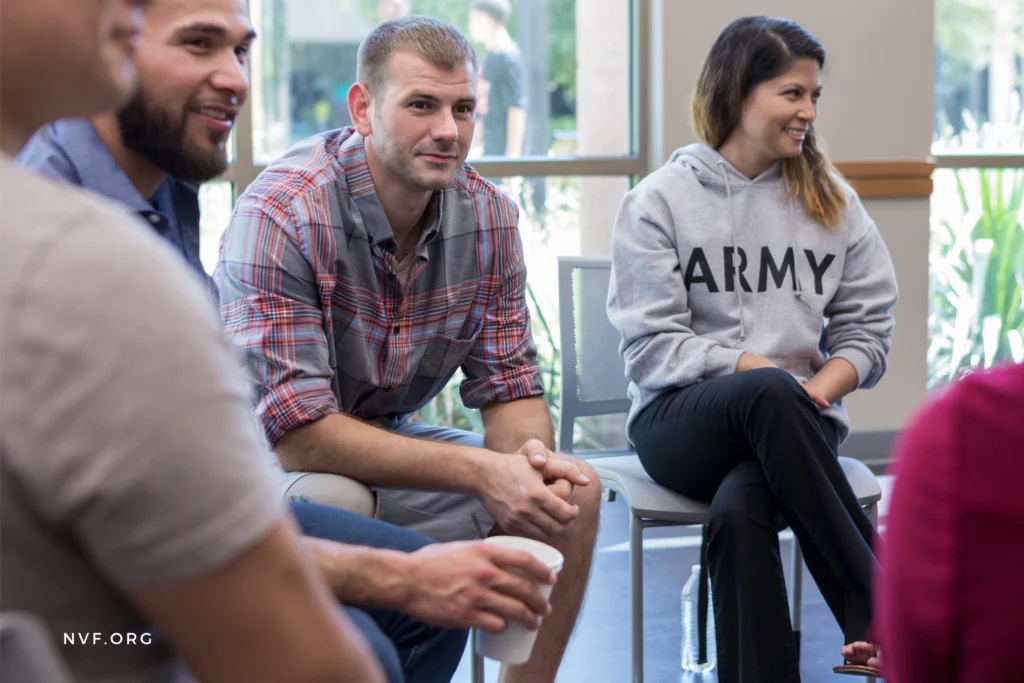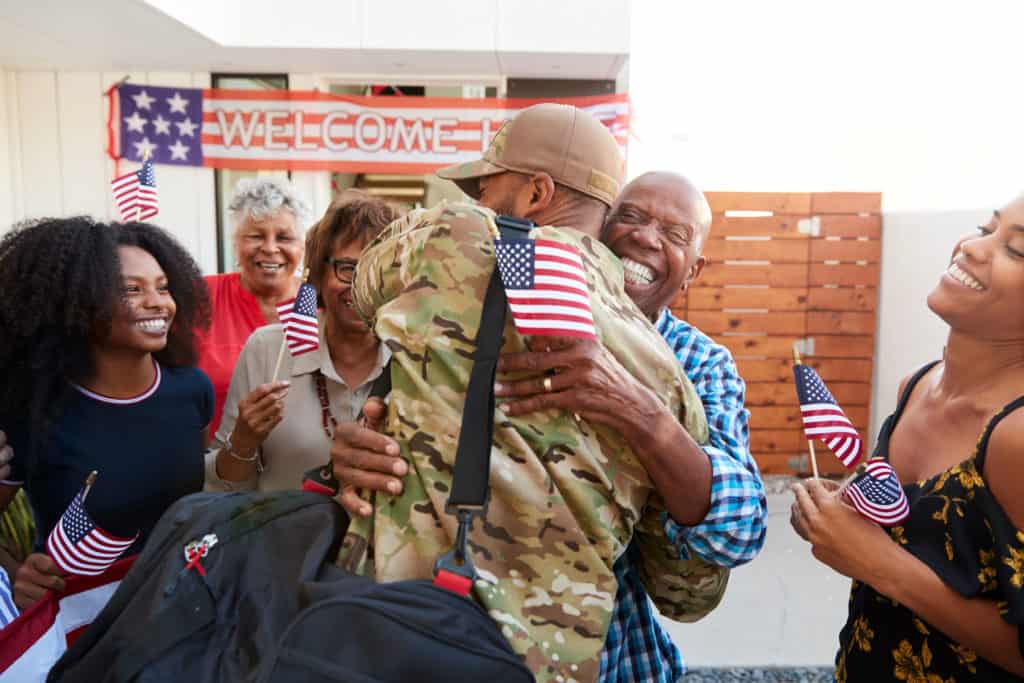Oh Captain, My Captain…
Our guest blogger, Bob Fraser, served as a sergeant under Shad Meshad with the 98th KO (psychiatric team) in I Corps, South Vietnam in 1970. Upon discharge he was one of the co-founders of “Vet’s House,” a community-based multi-service center in Madison, Wisconsin. Today, he is the director of Neurological Vocational Services and Professor in the University of Washington Department of Rehabilitative Medicine, University of Washington. He is the author/co-author of more than 100 research articles/chapters and editor/co-editor of five books, including the Traumatic Brain Injury Work Book: Living Fully Within the Community (Lash and Associates, on Press).
In a recent discussion with Shad he laid out the problem with vocational rehabilitation services for veterans as he sees it. The first posting sets out the issues followed by a post where he proposes his ideas to address the issues he raises. He would like to thank Dr. Bran McMahon and colleagues within the VA system (names withheld) for some of the discussion points in this opinion piece.
Capt. Shad, it was great connecting with you and the guys at our 40th reunion from Vietnam. There was time to reflect on our own history and the plight of today’s young vets from the Iraq and Afghanistan theaters. You asked me to put in writing my personal and professional observations as a rehabilitation psychologist/director of vocational rehabilitation services who has served these vets within the university medical school.
On a personal note, I was snowbound with a number of these young vets (male and female) at an airport hotel in recent years. Their experience is truly unique. With exposure to roadside explosive devices, suicide bombers, etc, they are in a constant state of hypervigilance with a sizeable proportion experiencing multiple concussive events – much worse than our RVN vets experienced. On the home front, they experience other very difficult challenges – employment being a big one. I was struck by the number of reservists who’d been “called up” several times, with their employers getting frustrated and finding a way to ease them out of the work place.
I’ve been invited to planning forums at Georgetown and other venues in relation to service priorities and delivery for these young veterans. Frankly, I have no idea where the money goes, other than being absorbed by the VA. The VA seems to continually try to duplicate programs, e.g., a day TBI program, with money wasted on parallel infrastructure versus facilitating these services within mainstream TBI existing programs. If I had a dollar for every state, federal, etc “veteran ‘service coordinator’” I meet, I’d be a rich man. Where are the “veteran service implementers”? Who actually is doing this work at any level of psychosocial and vocational skill?
My own program, Neurological Vocational Services at the university, was dropped as a VA service provider because the Veterans’ Administration wanted a multi-site, multi-state contractor. The American Heritage Corporation, out of Arizona, had the vocational rehabilitation contract most recently. This company contacted us and wanted us to do specialized vocational rehabilitation work at one-fourth the prior fee. It was untenable! This company had trouble finding vocational rehabilitation providers to do the work and then went bankrupt, not paying the vendors they did find. What a debacle with the vets waiting in the wings.
The lack of personnel inside the VA Medical Sites running compensated work or supported work programs is woefully inadequate – there will be no transition to community work with this staffing pattern. VA medical facility vocational rehabilitation personnel can’t get any coordination with community-based VA vocational rehabilitation and counseling units. Physicians within a Southeast VA medical facility had no contact with the Vocational Rehabilitation and Counseling unit when it was housed on the same medical facility site. The VA makes no real effort to aid in the transition of the veteran with a disability into the work force. Vocational Rehabilitation and Counseling will purchase an evaluation, pay for a job tryout, fund resume preparation, etc., but the vet is then turned over to state employment personnel with no specialized job placement support. This simply doesn’t work – the vet with PTSD, a traumatic brain injury, etc. will require specialized brokered placement and often employment supports and accommodations. Without this type of service, they will linger and psychosocially deteriorate at home with additional negative impacts on their loved ones and significant others.
Having talked to both medical school and VA colleagues, I’d like to offer the following recommendations – the emphasis being on transition and stabilization within the community:
- Each veteran with disability should have a single point case manager from medical hospital care to community stabilization. Contact strategies should be flexible, e.g. teleconferencing, web-based, etc. Many rural vets, in particular, will not come to urban bastions of rehabilitation. Continuity is critical to success.
- The VA should not duplicate services and infrastructure when these services exist in various communities. It is both an imprudent use of limited monies and often does not meet the veteran’s service needs. Why not more mainstream?
- Peer support services need to be developed, particularly with assistance of diverse veterans’ organizations. Peer vets, with some standardized training, can both help with transitional services and often model integration.
- Supported education services are critical. Vets are taking advantage of educational benefits, but without sufficient supportive services (including successful peer modeling), they are likely to fail. This is a big missing piece!
- There needs to be a major concerted and coordinated effort in vocational rehabilitation. Compensated work and other hospital-based vocational rehabilitation programs need to be staffed by certified rehabilitation counseling staff with seamless coordination to community Vocational Rehabilitation and Counseling (VR & C) staff. Community VR & C can’t end with service “vocational preparation” activity, but needs to assist the veteran all the way to placement and stabilization (to include job coaching on site if necessary). Veterans with PTSD, brain injury, and other cognitive disabilities are in special need of these services. A vibrant VA vocational rehabilitation program, staffed by competent professionals will also attract vocational rehabilitation interns and draw competent fulltime personnel.
You can be a part of our mission to help Veterans by making a tax-deductible donation!
About the Author
SUBSCRIBE TO OUR BLOG AND NEWS!
By submitting this form, you are granting: NATIONAL VETERANS FOUNDATION INC permission to email you. You may unsubscribe via the link found at the bottom of every email. (See our Email Privacy Policy for details.)
Related Posts





